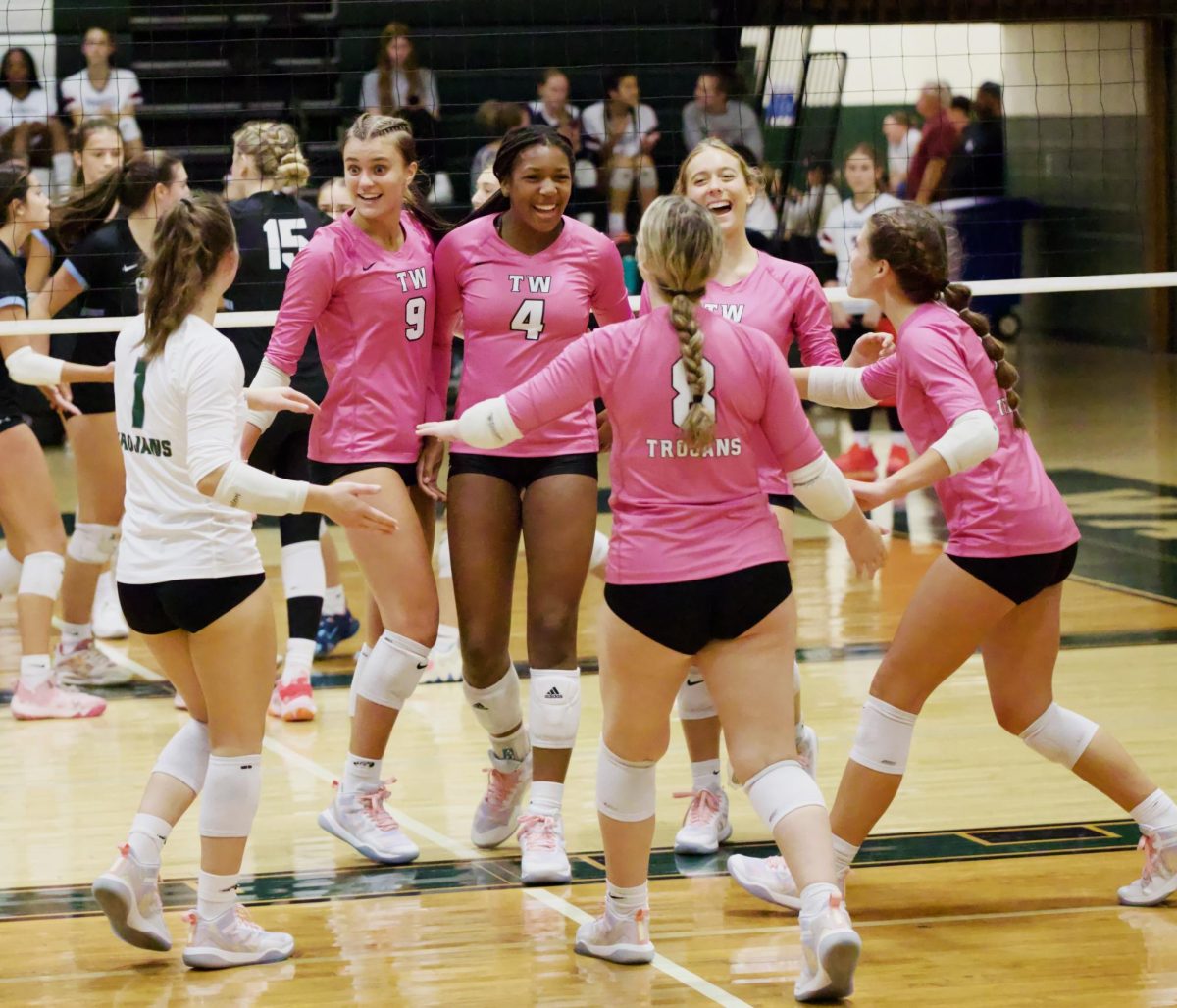“With the marathon distance, so much of it is a mental game. Learning to run on sore legs, learning to both push and respect your limits, and knowing how to moderate and also be ambitious about your pacing is key,” says Greg Renden, ultramarathoner from Minneapolis, Minnesota.
Renden ran his first race at only 9 years old, and has been pursuing running ever since. He’s participated in events ranging from 1 mile to 100 miles, on various terrain. He has run numerous marathons, so many to the point where he has perfected his training strategy.
“The main goal is to build endurance and resilience without increasing the exercise load so quickly that you injure yourself or wear yourself out,” says Renden.
Many runners choose to build up their mileage slowly over the course of the training, roughly 3-4 months. Depending on how much training you have behind you, the workouts will differ. The classic plan, he says, “is to increase your maximum distance by two miles, and do that long run every other weekend – so 8, 10, 12, 14, 16, 18 and maybe 20 miles. So, start two weeks before the marathon, count backwards, and you have about a 3 1/2 month plan.”
It is important to stay consistent and positive while training for a big race. To inspire those in need of extra willpower, Renden explains that “you’ve got to take the perspective that it’s a privilege and a gift to be healthy and capable of challenging yourself to run longer distances.” Some mornings, it may seem impossible for your body to get out of bed and go for a 14 mile run, but you’ve got to push through, and by the time race day comes, you’ll be happy you didn’t skip out on it. Dresden continues, “I smirk when people say something like, ‘gah, I’ve got to run 20 miles this Sunday,’ and I think, ‘no, you *get* to run 20 miles this Sunday!’”
One of the most significant resources for many runners is having a buddy.
Somebody who can push you to the best of your abilities, while making you excited to exercise each day. It can keep you committed to completing the event, even when you want to give up.
In fact, it’s one of Resden’s most important tips: “Find a group of people who you look forward to running with, who will get you out of bed when you want to sleep in, a group of people who you can share the experience with, who support you and who you want to cheer to the finish.”















